Before taking in Budapest’s beautiful architecture and the waters of the meandering Danube, it pays to learn about LGBTQ rights in Hungary. What is the situation around gay rights in Hungary? Is Hungary safe for gay and lesbian travelers? In general, LGBTQ rights in Hungary are complicated. Same sex partnerships are recognized and can be registered, but gay marriage is not allowed. And is gay adoption legal in Hungary? Same-sex couples cannot apply for joint adoption, but individuals can adopt children regardless of their sexual orientation. Equaldex cites that gay and lesbian people are also protected by laws prohibiting discrimination, in various spheres including employment and housing. So is Hungary safe for LGBTQ travelers? In a word, yes.
Compared to the countries of Western Europe such as Spain, France, and Belgium, LGTBQ rights in Hungary leave much to be desired. With respect to other former Eastern bloc countries, however, Hungary has a strong history of supporting gay and lesbian causes and the LGBTQ context is not as bleak as that found in the country’s eastern neighbors. Data from ILGA-Europe reveals that Hungary sits at 49% in terms of its overall LGBTQ rights, placing it in 20th position among 49 European countries. This is considerably better than that found in Slovakia (20%), Ukraine (22%), and Romania (21%). In Hungary, discrimination in the workplace is illegal, as are hate crimes and hate speech. Trans rights in Hungary have also recently increased, with a 2018 law officially recognizing the right to change gender identity.
The history of gay rights in Hungary is one of steady but slow improvements. Despite a history of criminalizing homosexuality, sexual activity among people of the same sex was made legal in 1961. In 1996, Hungary recognized cohabitation by same-sex couples and gave them some additional rights. In 2009, Hungary expanded the abilities of same-sex couples to register and receive nearly the same rights as married heterosexual couples. The 2003 Equal Treatment Act made discrimination based on sexual orientation or gender identity illegal, while the 2018 gender transition law significantly expanded trans rights in Hungary.
No trip to Hungary is complete without a stop in the electric Budapest. But if you're heading to the capital, you are likely wondering “is Budapest safe for LGBTQ travelers?” In general, it is. Anti-gay attitudes persist in Hungary, and it is advisable to refrain from public displays of affection to avoid any problems. However the younger generations of Hungarians have more liberal ideas, and the capital has a thriving gay scene. While there is no designated gay area in Budapest, there is a growing number of gay bars and clubs that keep the local LGBTQ scene afloat. Visitors should exercise caution with overt displays of affection outside such venues in order to avoid homophobic reactions, but in general the answer to the question “is Budapest safe for gay and lesbian travelers?” remains “yes.”
The strong history of Pride events in the capital offers a reassuring sign to those still wondering, “is Budapest safe for LGBTQ travelers?” Budapest pride was first held in 1997, making it the oldest Pride event in the former eastern bloc. To this day it is one of the biggest Pride events in Eastern Europe, attracting thousands of visitors from around the world. Usually transpiring in June, Budapest Pride colors the city streets with a host of parties and one impressive pride parade that unites the community.
So is Hungary safe for LGBTQ travelers? With its anti-discrimination laws in place, it is. And is Budapest safe for gay and lesbian travelers? Again, yes. And by booking with misterb&b, you can connect with LGBTQ people while abroad and support the local community all the while experiencing your pride. So whether you plan to settle in Budapest, or you’d like to venture further into the country, Hungary is a unique and satisfying destination for gay and lesbian travelers, which should certainly feature on your travel itinerary.
/location_photos/data/13908/original/budapestcountryedit-1589818284.jpg)
 by
by








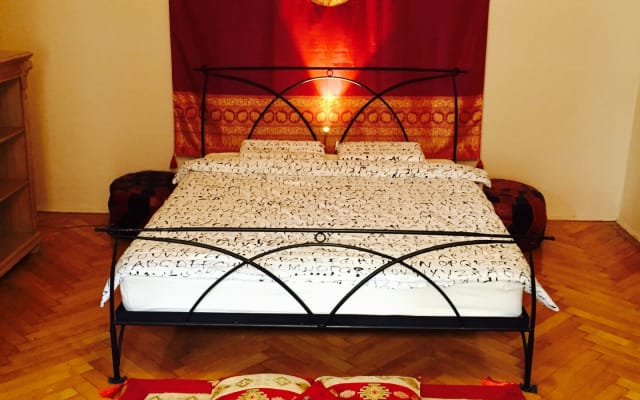



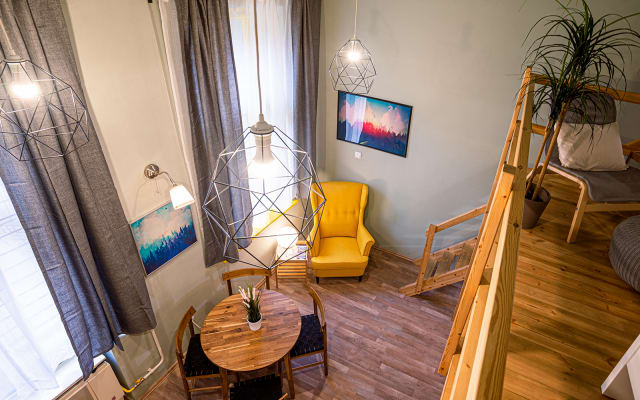





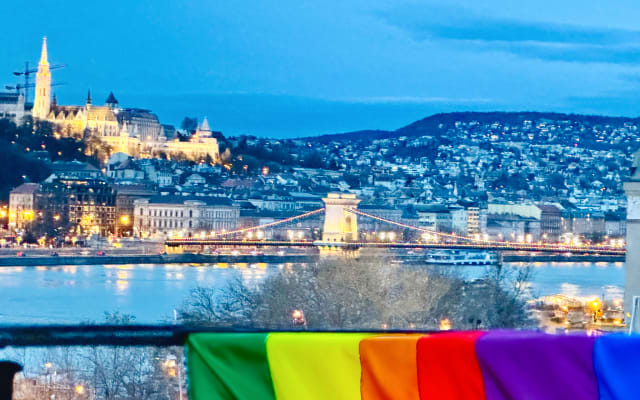










/location_photos/data/13566/original/budapest-istock-860351736-1600-min-1538992130.jpg)
/location_photos/data/12424/original/40539-galery-img-1024-1504544367.jpg)
/location_photos/data/12599/original/alterego-budapest-gay-1511450062.jpg)
/location_photos/data/10047/original/garcons-budapest.jpg)
/location_photos/data/12423/original/e81e0f-098d55000d98d85f65f926f19546496a-1504544340.jpg)








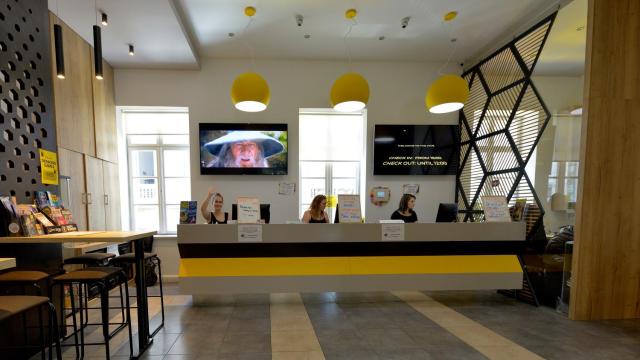

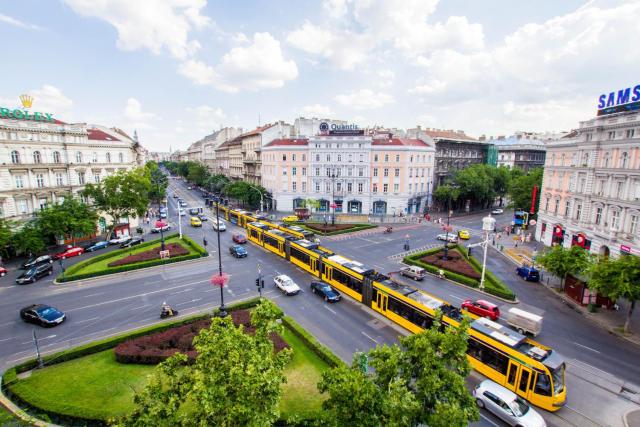

/location_photos/data/12600/original/cirkusz-budapest-gay-1511450446.jpg)
